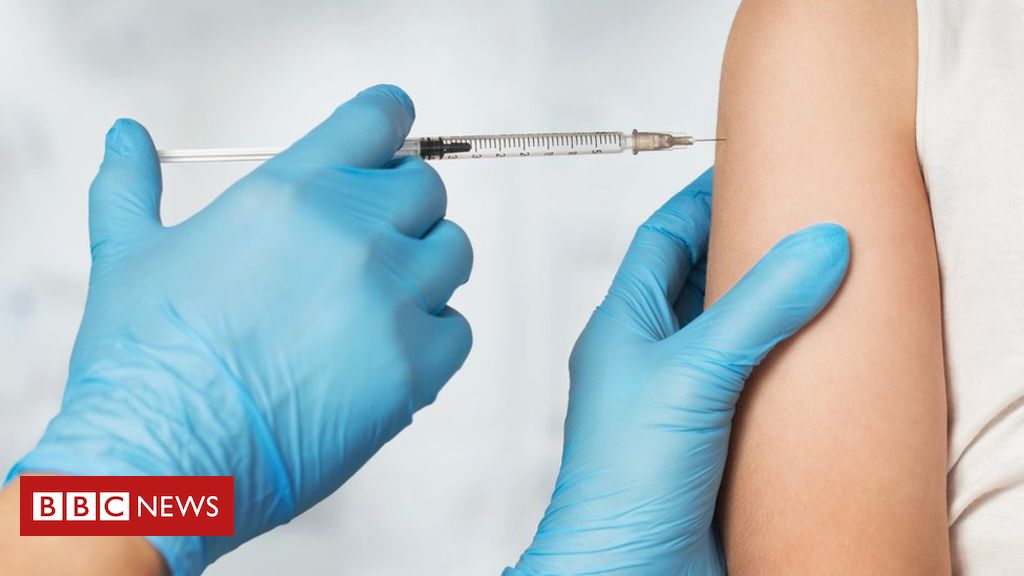
The head of NHS England has warned that “vaccination deniers” are gaining traction on social media as part of a “fake news” movement.
Simon Stevens said parents were seeing “fake messages” online about vaccines, which was making it harder to “win the public argument” on vaccination.
NHS England is considering what action can be taken to stop such messages spreading, Mr Stevens said.
He said the health service needed to support parents on the issue.
‘Fake messages’
Speaking at a health summit held by the Nuffield Trust think tank, Mr Stevens said that there had been a “steady decline” in the uptake of the measles vaccine over the last five years.
He went on to describe the uptake of the MMR vaccine among five-year-olds in England (87.5% compared with the World Health Organization target of 95%) as a “real problem”.
He said: “Across the world, two to three million lives are saved each year by vaccination.
“But as part of the fake news movement, actually the vaccination deniers are getting some traction…
“We are not being helped on this front by the fact that although nine in 10 parents support vaccination, half of them say they have seen fake messages about vaccination on social media.”
Mr Stevens said parents at his daughter’s primary school have expressed concern about vaccines.
“This is probably not something I should be saying, but I’ll anonymously read you one of the WhatsApp messages from one of the parents.
“‘My kids aren’t vulnerable and I think loading up on vaccines blocks their systems from fighting disease as it should do’.”
“We have a responsibility for the nine out of 10 to really explain it’s not just of interest for your own children but herd immunity for other children as well.”
‘Misleading and dangerous information’
In January, the Royal Society for Public Health (RSPH) warned that social media is helping to spread “misleading and dangerous information” about vaccines.
Experts called for more to be done to challenge untruths about possible side effects of vaccines and said that social media giants should clamp down on “fake news”.
The study said social media is a “breeding ground for misleading information and negative messaging around vaccination”.
Mr Stevens added: “Frankly it’s as irresponsible to tell parents that their children shouldn’t be vaccinated as it is to say don’t bother – to your kids on their way to primary school – to look both ways when they cross the road.
“As a health service we’ve really got to help support parents on this.”
